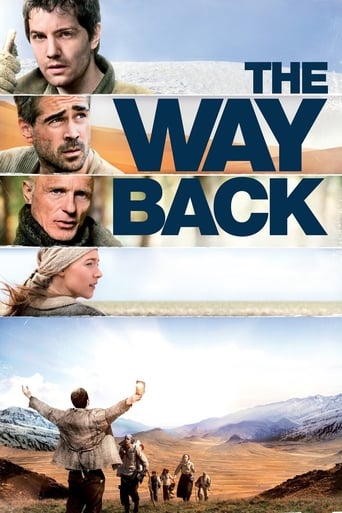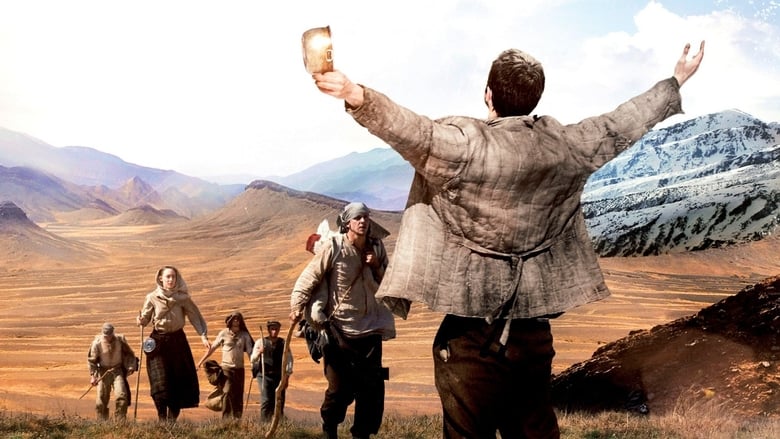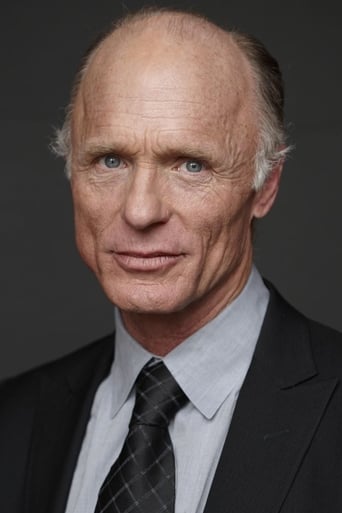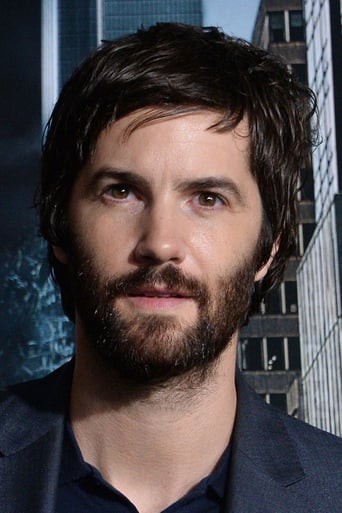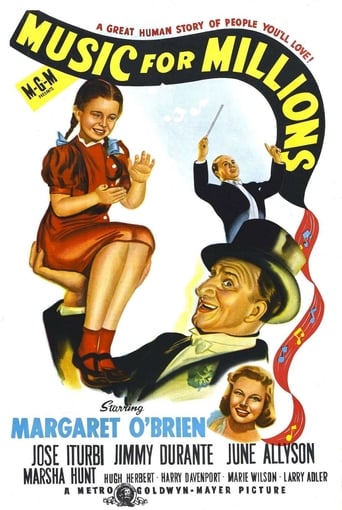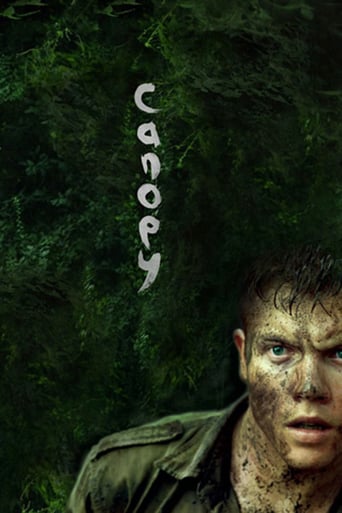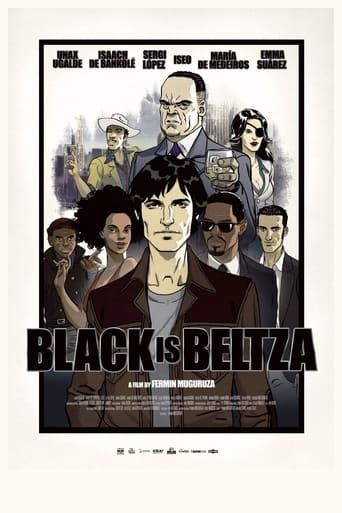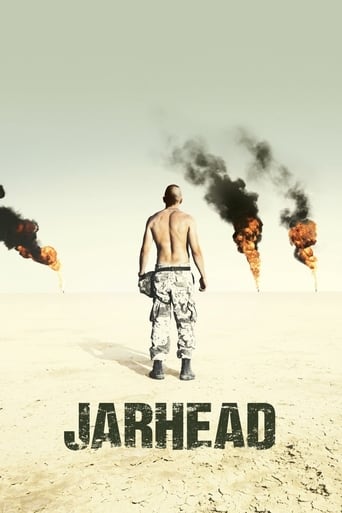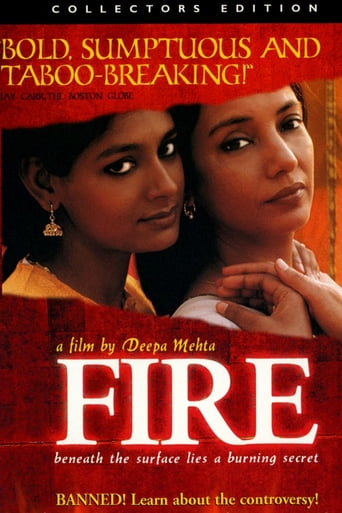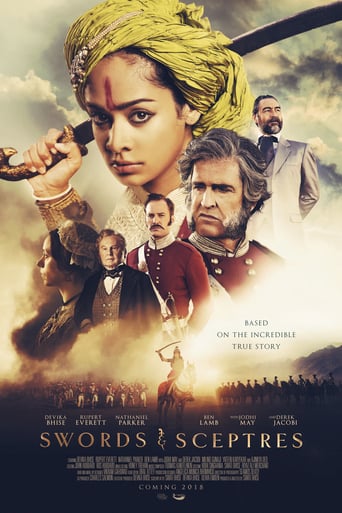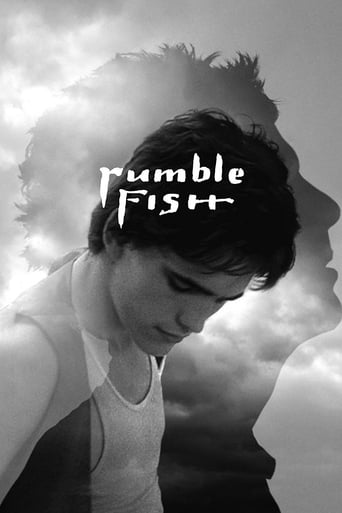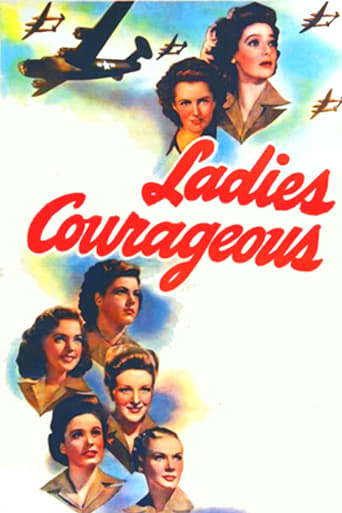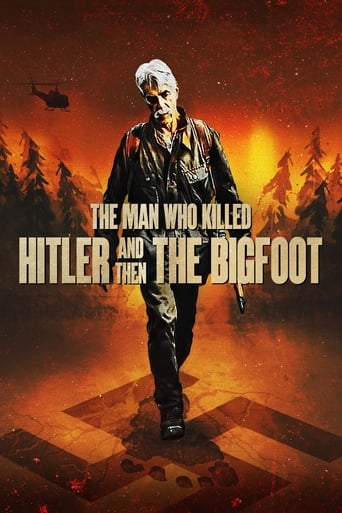The Way Back (2011)
At the dawn of WWII, several men escape from a Russian gulag—to take a perilous and uncertain journey to freedom as they cross deserts, mountains and several nations.
Watch Trailer
Cast


Similar titles
Reviews
Great movie i have ever seen .head off to real hero
The Way Back, a story about the escape and bid for freedom of several prisoners from a Russian Gulag, is a film about people's abilities to survive in seemingly impossible circumstances. The conditions shown in the prison camp itself are fairly realistic, as they emphasize the presence of career criminals who clearly are more in control inside the camp than other groups, such as those who were incarcerated on charges of espionage or conspiracy. The film also emphasizes the all-important role of food and hunger, as indicated by several scenes in which prisoners dive for spare pieces of bread that have fallen on the ground. However, the majority of the film does not take place within the camp itself, but instead is a story of the escape through Siberia, the Gobi desert, and the Himalayas to India. The themes of hunger and dehydration were prevalent throughout the film, and as almost certainly would occur in such circumstances, the group spent the majority of the film searching for water, food, or both. The group encounters many obstacles along the way, both physical and mental, and the audience is left to imagine what the characters are thinking during long scenes in which they are depicted walking across vast expanses. Regardless of whether or not it is a true story, The Way Back is still inspiring as it taps into a vein of human strength and determination that can be found across time, countries, and cultures. People have a way of surviving even the most difficult of circumstances, and stories in which people have survived situations as trying as these scatter our history. Though it is a slightly idealistic plot, such as when by some miracle the group happens upon a well in the middle of the desert, The Way Back nonetheless is another example of this human strength that only appears in the most dire of circumstances, and which most of us are never forced to find.
The first part of this film is the more important and historically accurate section. The film begins by depicting the torment of informing against a loved one. This not only destroyed families but often left each member feeling either extreme betrayal or guilt. Throughout the entire movie the man whose wife informed against him wanted to return to her so that she could stop living this life of guilt and torment. This is important because part of the torture of being inside a camp is being separated from loved ones or having loved ones turned against you. The film then moves to life inside the Gulag, which though a short depiction, highlights many important aspects of the Gulag. The divide between the criminals and politicals is clearly demonstrated, as well as the economy of the camp. We see who has the power and how this power can truly determine whether one lives or dies in the camp. The huge divide in beliefs within the camp was demonstrated clearly through Valka, who has tattoos on his body clearly showing his support for communism. We also see the dangers the prisoners faced, from the cold siberian weather to the deathly mines to the threat of other prisoners right alongside them. The film does a good job depicting these factors as a threat to the prisoners, however in real life there were far greater deaths from these cold winters than the movie depicts. The movie then moves on to the main portion which is the trek from Siberia to India. Throughout this walk, we do see deaths along the way which makes it somewhat realistic, however 4 men surviving such a journey was a rare occurrence that in real life only happened once, at the most. Overall, I thought this movie was interesting, especially for a movie significantly focusing on a walk. It was pretty historically accurate, especially the portion on the camps, however I wish there was a little more focus on camp life.
I saw this movie some years ago, or more accurately I saw half this movie some years ago. Maybe I was having a bad day but at the time I just couldn't summon the enthusiasm to see it through. So when I saw it advertised recently to appear on television I thought I would give it another shot. This time round I made it as far as Mongolia, which I suppose is progress. That I got this far is probably because this time around I noticed that it was directed by Peter Weir and because I am a big fan of Gallipoli I gave it more leeway and time for development. Alas my patience and respect for Peter Weir were not rewarded on this occasion. There is something very fundamentally wrong with this movie, or perhaps the story itself does not lend itself to audience engagement, at least on the big screen. Peter Weir's genius in Gallipoli was to make a "war" film (or actually an "anti-war" film) by showing practically nothing of war. 80% of that movie was about building up the characters and the relationship between them, and because we know them so well we actually care about what happens at the end. In "The Way Back" Peter Weir seems to have forgotten about the need for audience identification with characters. Perhaps I missed a few things with the bas russian accents and names that do not register after hearing them once but quite frankly I had no idea who those people traipsing around Siberia were and even less idea why I should care. I think (but I am not sure) that there is one key protagonist (the one we see being interrogated at the beginning) and a bunch of other guys, but that is hard to tell because they all look and sound the same. If that were not bad enough these strangers do stuff that anyone would do in that situation and they do it for a long time against a backdrop that looks basically the same. I had no idea where they were going and no idea of the distances involved or the absolute immensity of the landscape, be it Siberia or Mongolia. A map and some aerial shots would have helped enormously for as it is it looks like they are off for a weekend tramp. We have absolutely no concept of the magnitude of their feat, which I would have thought is the whole point of the film.Our heroes, whoever they are, are so clueless that they have to batter a watch with some genius who tells them they must turn off the generator and cut the wires to escape. Bravo, that is certainly a plan and a half. How they disabled the generator, or cut the wires, we are not shown, nor are we shown how they escape dozens of guards and dogs in hot pursuit. And yes, we have a BLIND man thrown in for good measure, that's right, not just a BLIND man but one who indulges in syrupy flashbacks. And then, blow me down, if our intrepid team don't meet a pretty young girl partway along and for reasons best known to themselves they skip across some ice together. It is all very lazy, uninspired and unbelievable stuff.Eventually our band of heroes gets to the Mongolian border and comes across a huge archway in the middle of nowhere...ah...what? They are surprised to learn that China is also a communist country, which in 1941 was not actually true.Annoyingly, despite starting the movie with people speaking their actual languages and having English subtitles, as soon as we get to the Gulag everyone amazingly speaks heavily accented English. Perhaps this approach would have cut the mustard 30 years ago when all Hollywood Germans spoke like Colonel Klink, but in this day and age portraying foreign language by using badly accented English is just plain embarrassing to all involved. Quite apart from the embarrassment these rotten accents made it difficult to understand what anyone was saying, and because one actor's poor impression of a Russian speaking English sounds much like another's poor impression of a Russian speaking English, it only made trying to figure out who was who even worse.OK, this is not the worst movie in the World and indeed I see that many people think this movie is the best thing since sliced bread. I'm glad others enjoyed it, but for me it was an emotionless and heartless experience, which ultimately I had to terminate because I found the boredom of real life more interesting.

